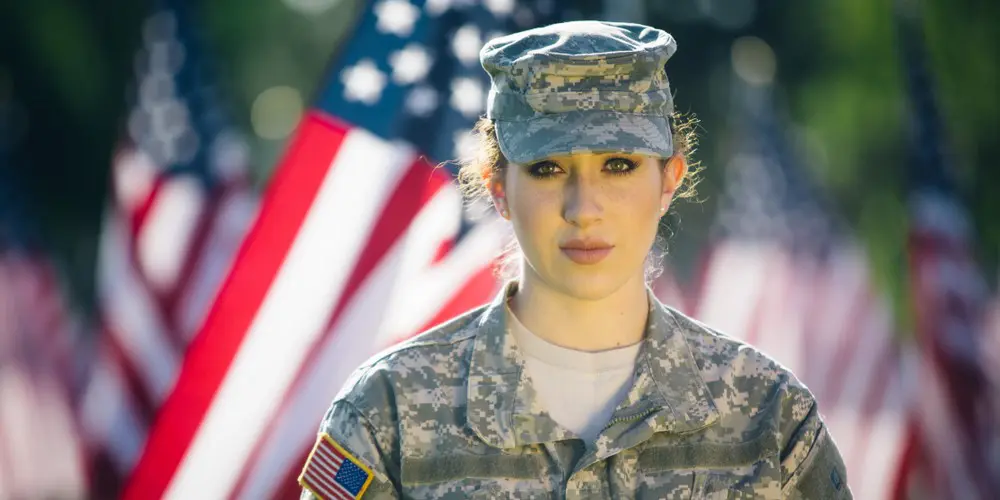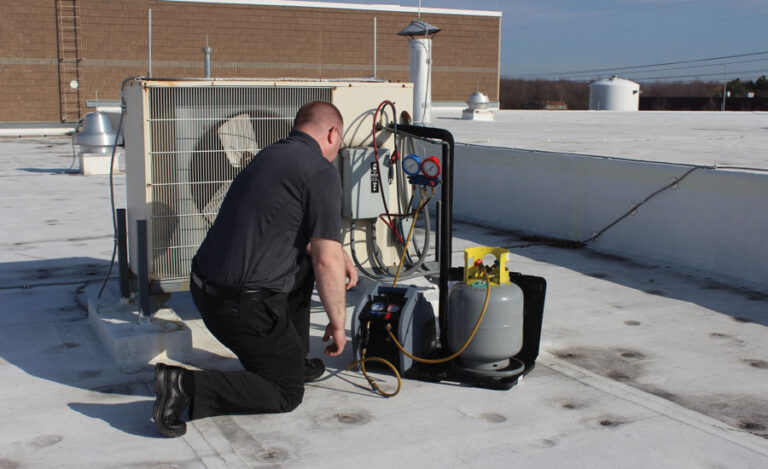How to Support Survivors of Military Sexual Trauma (MST)
Understanding Military Sexual Trauma (MST)
Military Sexual Trauma (MST) is a pressing issue that affects many service members. Addressing MST means understanding that it includes any sexual harassment or assault that occurs while an individual is serving in the military. Unfortunately, this trauma often leads to severe emotional and psychological burdens. The journey toward healing and receiving justice can feel overwhelming for many survivors. This is where finding the right military sexual assault lawyer becomes an invaluable step in reclaiming their lives. Experienced lawyers can guide survivors through the legal maze, ensuring their voices are heard and justice is served.
Recognizing the Signs of MST
Recognizing the signs of MST can be crucial for providing timely support. Symptoms may include depression, anxiety, and post-traumatic stress disorder (PTSD). These psychological effects can significantly impede a survivor’s ability to function in daily life. MST can lead to severe emotional and mental health issues, making it imperative to identify symptoms early. Physical symptoms such as insomnia, headaches, and digestive problems might also manifest. Understanding these signs can help loved ones offer the necessary support promptly.
Effective Ways to Provide Support
Creating a Safe Space
Supporting MST survivors involves active listening, showing empathy, and offering practical help. Creating a safe space where survivors feel comfortable sharing their experiences is essential. This can mean providing a nonjudgmental ear and demonstrating genuine concern for their wellbeing. Simple acts like asking open-ended questions and offering affirmations can make a difference. When survivors feel understood and supported, they are more likely to seek further help.
Encouraging Professional Help
One of the best ways to support survivors is by encouraging them to seek professional help. Many survivors benefit from counseling services designed specifically for MST, which can provide tailored therapeutic approaches. Therapists trained in dealing with trauma can help survivors process their experiences and develop coping mechanisms. Resources such as hotlines and support groups also play a crucial role. Connecting survivors with these resources is an excellent way for friends and family to show their support.
Creating Awareness and Advocacy
Social Media Campaigns
Creating awareness about MST is vital in encouraging more survivors to come forward and seek help. Advocacy can take many forms, including social media campaigns that spread information and stories of survivors. These campaigns can reach a broad audience, raising awareness and promoting understanding of MST. They can also offer survivors a platform to share their stories, which can be empowering and healing.

Community Outreach Programs
Community outreach programs are another effective way to raise awareness and foster support for MST survivors. Such initiatives can educate the public and create a supportive environment for all service members. Workshops, seminars, and educational sessions can provide valuable information on recognizing and supporting MST survivors. These efforts contribute to a more informed and empathetic community capable of offering better support to those affected.
Legal Options for MST Survivors
MST survivors have various legal options available to them. Seeking legal advice can provide clarity and direction on how to pursue justice. Legal avenues can include filing claims for disability benefits or pursuing action against perpetrators. Qualified legal professionals can help navigate these complex processes, ensuring survivors receive the justice they deserve.
Resources for MST Survivors
Numerous resources are available for MST survivors, including hotlines, counseling services, and support groups. Utilizing these resources can help survivors on their path to recovery. Websites like Make the Connection provide valuable information and support tailored to veterans. These resources offer various services, from immediate crisis intervention to ongoing counseling and therapy. Awareness of and access to these resources empower survivors to take proactive steps toward healing.
The Role of the Community in Supporting MST Survivors
The community plays a significant role in supporting MST survivors. Friends, family, and local organizations can offer crucial emotional and practical support. Educational programs and awareness initiatives at the community level can foster a more understanding and supportive environment. Volunteer groups and non-profits can create support networks, providing survivors with the necessary resources. A strong community foundation can significantly impact a survivor’s recovery journey.
Continued Efforts for Change
Addressing MST requires continual efforts for change within the military and society. Policies and programs designed to prevent MST and support survivors are critical. Ongoing research and advocacy are necessary to combat this issue effectively. Engaging in policy reform and supporting legislative changes can provide service members with a safer environment. Collective efforts and sustained advocacy will drive the necessary change to address and reduce MST.






